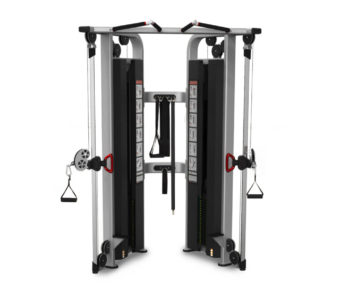BG-11: I Don’t Like To Use Big Words
I don’t like to use big words because I don’t like to sound too pretentious when I write or speak. Occasionally, however, a word pops up in my head that I simply have to use because of its impact on how our bodies function, how we manage pain and on how we prevent injuries. In fact, because of those things the word is even bigger than what it appears.
Proprioception, is the brain’s ability to know where all of its body parts are in relationship to its surroundings. It is part of the body’s sensory and neurological system that helps to protects you.
Have you ever walked down a level hallway and got to a point where the floor is uneven or it drops off and you didn’t see it coming? Well, at that very moment that you take that next step, gasp and tense up, all at the same time, because the floor is not where you thought it would be…..that is your proprioception at work.
Another good example is when you are lying on the edge of the bed and you start to roll off. The muscles throughout the body contract, without you even having to think about it, in an effort to keep you from falling out.
Our neurological system is hard at work all the time, and our body’s ability to protect itself depends heavily on this system. In one of my previous posts I wrote about how sitting to exercise is one of the worst things that someone can do, especially when that person doesn’t need to. This posts builds on that because when we sit, our proprioception does not become stronger, it actually becomes weaker.
In fact, sitting suppresses the neurological system, which, in turn causes a delay in the muscles contracting. So next time you are lying on the edge of the bed and start to roll out, it may not be until you hit the floor that the muscles contract. And, by then, they are contracting because you have already hit the floor, not because your proprioceptors recognized that you were falling out.
Next week, in my next post, I will discuss some of the things that you can do to improve your proprioception. The first one will sound so simple, but it very well may be one of the hardest things you’ve ever done.
Up for the challenge? Check back next week to find out just what that activity is.
CLICK HERE to read all of my previous posts and CLICK HERE to learn more about me.




